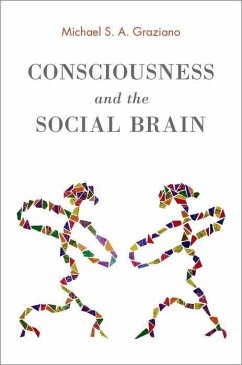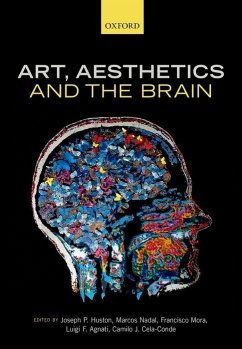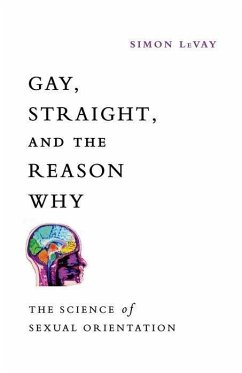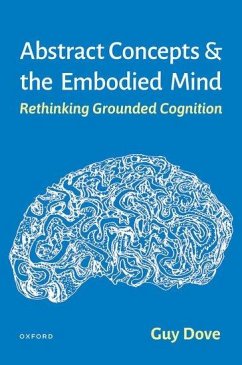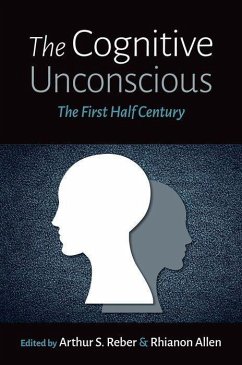
Versandkostenfrei!
Versandfertig in 2-4 Wochen

PAYBACK Punkte
24 °P sammeln!





This book exposes our unconscious selfish motives, those we're reluctant to discuss or even think about. These motives drive our body language, laughter, and conversation, as well as venerated institutions like art, school, charity, medicine, politics, and religion. You'll never see yourself, or the world, the same again.
Kevin Simler is a writer and software engineer currently living in Brooklyn, NY. He's worked for ten years as a programmer, product designer, and engineering director, and continues to advise startups about technology, leadership, and recruiting. Robin Hanson is an associate professor of economics at George Mason University and a research associate at the Future of Humanity Institute of Oxford University. He has a doctorate in social science, master's degrees in physics and philosophy, and nine years of experience as a research programmer in artificial intelligence and Bayesian statistics. With over 3100 citations and sixty academic publications, he's recognized not only for his contributions to economics (especially, pioneering the theory and use of prediction markets), but also for the wide range of fields in which he's been published. He is the author of The Age of Em: Work, Love, and Life when Robots Rule the Earth (OUP 2016).
Produktdetails
- Verlag: Oxford University Press
- Seitenzahl: 416
- Erscheinungstermin: 2. Januar 2018
- Englisch
- Abmessung: 241mm x 161mm x 40mm
- Gewicht: 704g
- ISBN-13: 9780190495992
- ISBN-10: 0190495995
- Artikelnr.: 48062815
Herstellerkennzeichnung
Libri GmbH
Europaallee 1
36244 Bad Hersfeld
gpsr@libri.de
The argument that Simler and Hanson make is rather comprehensive, and compelling. They bring together research on various topics of limited reach that, when combined, speak to the outrageous gall of the mind in recreating reality to its own liking, and then covering its tracks. Katherine Oktober Matthews, Riding the Dragon
Für dieses Produkt wurde noch keine Bewertung abgegeben. Wir würden uns sehr freuen, wenn du die erste Bewertung schreibst!
Eine Bewertung schreiben
Eine Bewertung schreiben
Andere Kunden interessierten sich für



